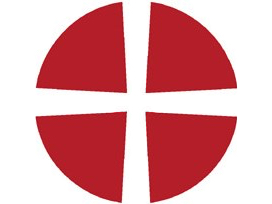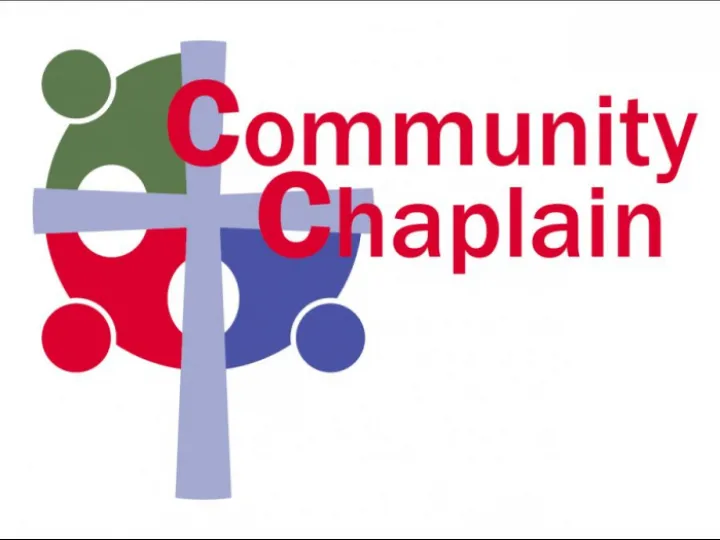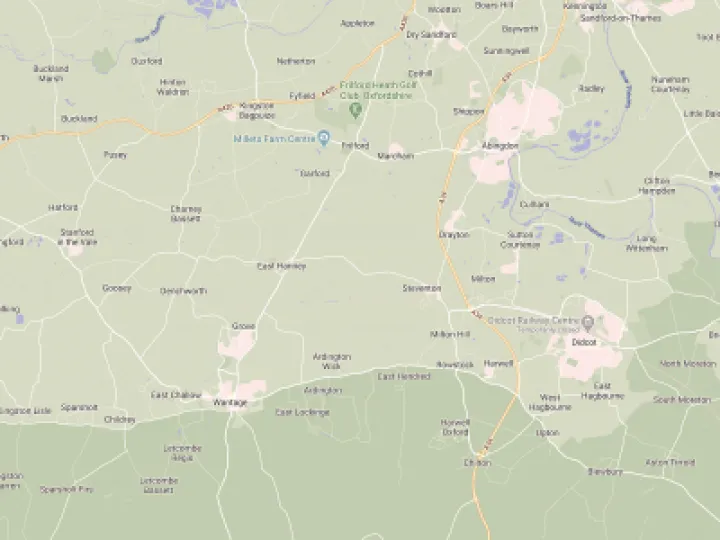A new type of Chaplaincy
Libby, one of our Community Chaplains reflects on her role and work in the light of Covid-19
A New Type of Chaplaincy
As I write this, I'm sat in my house staring out the window, reflecting on all the changes that the last week has seen, and yearning to stretch my legs for a walk, but I'm conscious of the need to self-isolate at all times.
It's a weird time to be a chaplain. The focus of chaplaincy (according to the Methodist Church: www.methodist.org.uk/media/3362/chaplaincy-essentails_unit-6.pdf) is four-fold. We listen. We care. We are present. We bring words of wisdom (what some call "being prophetic"). Each of these is a challenge in today's England, with all the changes inherent with coronavirus.
Those we usually listen to are unable to be heard. Many are disconnected from the world as they're not online and phone numbers are hard to acquire unless we had the foresight to acquire them in advance. This is particularly painful as we yearn to connect with people, to hear stories, to give the voiceless a voice, to keep people safe mentally and emotionally.
I know there are people who are lonely and miss having someone to speak with, as those who I can connect to, tell me that they're feeling left out of the world as they're not digitally connected and others are busy trying to meet the ever-growing needs of their families and those they live with, which brings me to the second focus, that of caring.
Caring is hard to do when most people are confined to their houses, with our own problems which we're all dealing with in different ways. Groups have stopped. Gatherings aren't happening. We can't visit friends to help out in many of the practical ways that we usually would do. And, for me personally, as I've had a bad year already with asthma already, I can't go out and help out with the armies of volunteers around Oxfordshire to help keep people stocked with provisions and meet 'outside' needs.
In the same way, it's hard to be "present" as we can't go out and about, connecting with people and being seen to be part of the army of volunteers responding. I know many of us feel that we want to do more, be more, connect more, and yet we're having to learn how to be settled in isolation. It's hard not to "do" when you're a "doer". I increase my presence wherever I'm able – on the phone, on internet in chat rooms and through my writing and photography, but it's very limited.
I'm aware that the world after coronavirus will be very different to the world before. Social relationships are changing. Power dynamics are not what they used to be already. We're all finding a new way to communicate, to be present with each other and re-evaluating what really matters to us, and to society as a whole. And church will be very different to before as well. I hope that this has made us mindful of the challenges that face those who can't get out, but long to, who get missed out of social events, conversations and friends' lives just because they can't physically be present with each other.
There seems to be a new 'elite', which comprises those who are able to be present, to 'do stuff' and to keep the world moving. I rejoice that in this elite are some of those who would have previously been overlooked and disdained as they don't have the same social grounding as other people, or the same access to resources. Coronavirus seems to be a great leveller in some ways. We're all affected. We've all had our wings clipped. We're all in danger of getting very, very sick. And I'm aware that the world will continue to change and evolve extensively before "all this is over".
I am relieved, however, that, to some extent, we can keep the gift of prophecy. Having a lot of time at home, with our schedules cleared, and conversations cut short (even for those digitally-savvy folk, Zoom, which seems to be a popular medium, keeps conversations to 40 minutes or less) means that we have more time for reflection and more opportunity to share salient thoughts with others whilst cutting the pre-amble. Conversations tend to go deeper. Personal challenges are being shared more widely. We're all increasingly showing vulnerability – in terms of both physical strength and dark thoughts.
Increasingly, I'm finding that as the one member of various geographically-based "coronavirus response groups" who's self-isolating for health reasons, and not just because we've been told to, (and also not yet being ill myself), I'm the one with more time on my hands, to think, reflect, challenge and shed light on some of the bigger issues we're thinking about as a team.
If I were able to do anything, I'd find ways to connect with the isolated, homebound, digitally-disconnected and reassure them, give them strength, share my vulnerability and unite. I'd look for ways to keep us all safe from this particular virus as well as all the struggles that we all face in our everyday lives. And I'd raise the profile of the church as a source of real hope, strength and help in these times of trouble. But the few things we can all do is to pray, be available for people, and find ways to be the voice for the voiceless. I guess in that sense, I am listening, caring, being present and prophetic.
"God is our refuge and strength, A very present help in trouble".
Psalm 46:1


